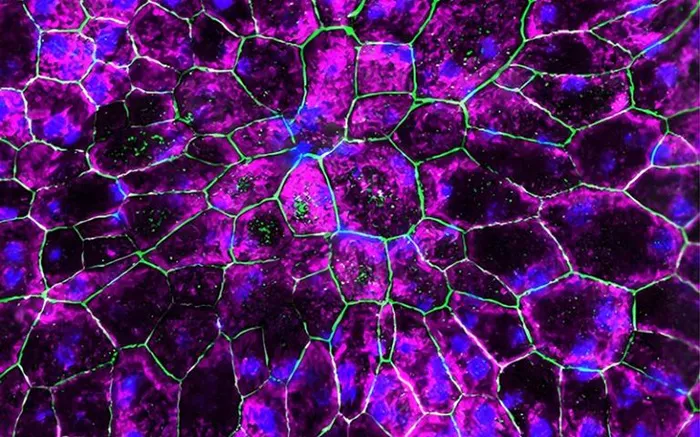A recent study, co-led by a researcher from University College London (UCL), suggests that increasing the levels of a crucial protein in the cells at the back of the eye could offer protection against the leading cause of vision loss in older adults.
Published in Science Translational Medicine by an international team spanning the UK, US, Germany, and Australia, the findings hold promise for addressing age-related macular degeneration (AMD), a prevalent condition affecting central vision.
AMD, impacting approximately 200 million individuals globally, is projected to affect 288 million by 2040 as the population ages. This breakthrough could pave the way for novel and more effective AMD treatments.
The condition profoundly affects vision, with symptoms ranging from blurred vision to a central black dot that can expand, ultimately leading to the loss of useful central vision. Its exact cause is multifaceted, involving aging, genetics, environment, and lifestyle factors.
Researchers believe chronic inflammation, common with aging, leads to a decrease in a vital immune regulatory protein known as IRAK-M. This protein plays a crucial role in safeguarding the retinal pigment epithelium (RPE), vital for maintaining a healthy retina. Damaged RPE cells can result in severe eye conditions and vision loss.
The study delved into the role of IRAK-M in AMD by examining genetic variations and their link to AMD risk. Observing changes in retinal function in mice lacking the IRAK3 gene, which expresses IRAK-M protein, researchers found that IRAK-M levels decline with age, particularly in the RPE, with a more pronounced decline in AMD patients.
To explore whether increasing IRAK-M levels could protect retinal cells from degeneration, researchers employed RPE-specific gene delivery in mouse models. They discovered that elevated IRAK-M levels mitigate the effects of aging and oxidative stress, reducing retinal degeneration.
Co-lead author Professor Andrew Dick, Director of UCL’s Institute of Ophthalmology and also affiliated with the University of Bristol, noted, “Boosting IRAK-M protein could offer a potential treatment strategy for AMD, addressing an area where effective therapies are currently lacking.”
Lead author Dr. Jian Liu, from the University of Bristol’s Academic Unit of Ophthalmology, emphasized the significance of IRAK-M’s decline with age and its potential as an early marker of AMD progression.
The authors aim to advance therapies further through Cirrus Therapeutics, a new spin-out company from the University of Bristol.
Dr. Ying Kai Chan, Cirrus Therapeutics co-founder and CEO, expressed optimism about the discovery’s potential to enhance current AMD treatments by addressing multiple pathways involved in the disease.
Funded by various organizations including the Rosetrees Trust and supported by the National Institute for Health and Care Research (NIHR), this research holds promise for transforming the landscape of AMD treatment.
[inline_related_posts title=”You Might Be Interested In” title_align=”left” style=”list” number=”6″ align=”none” ids=”10075,10072,10068″ by=”categories” orderby=”rand” order=”DESC” hide_thumb=”no” thumb_right=”no” views=”no” date=”yes” grid_columns=”2″ post_type=”” tax=””]

































